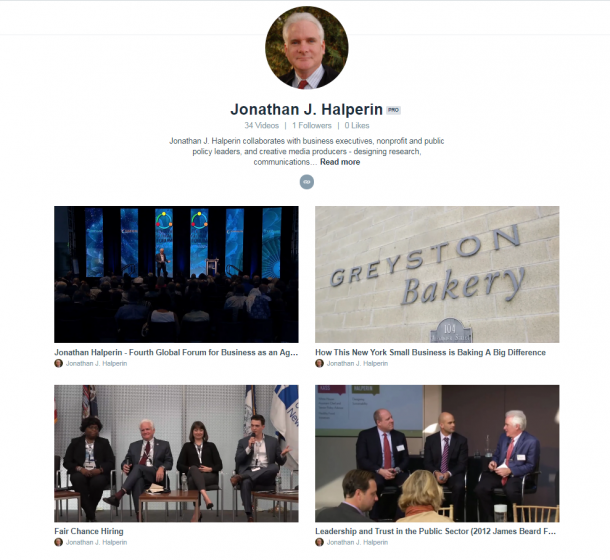You are here
Data, Data, Everywhere
At meeting after meeting, the conversation almost always turns to metrics and data. And while we need better data and better metrics - knowing of course that we do what we measure - we also need to remember for what reasons we are collecting data. Measurement alone is not the goal.
And too often it seems to be data collection is for reporting rather than decision-making. Through sophisticated accounting systems we track cash flow, ROI, P/E ratios and a host of core financial information. And business leaders use this data to inform both operational and strategic decisions.
But if the data we have on, for example, water usage, carbon emissions, and packaging waste are only rolled-up quarterly or annually for the purpose of sustainability reporting, then how useful can they be to decision-makers? To truly imbed sustainability into corporate culture, not only do we need the metrics and data, but we need to render this information in ways that are accessible and timely for making business decisions – not just reporting them.
- jonathan.halperin's blog
- Log in or register to post comments

